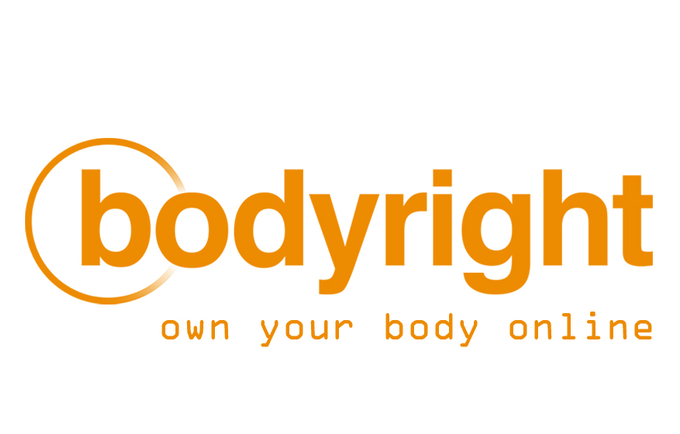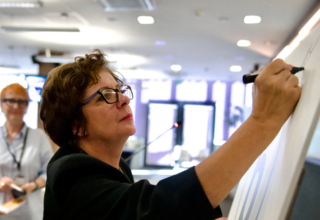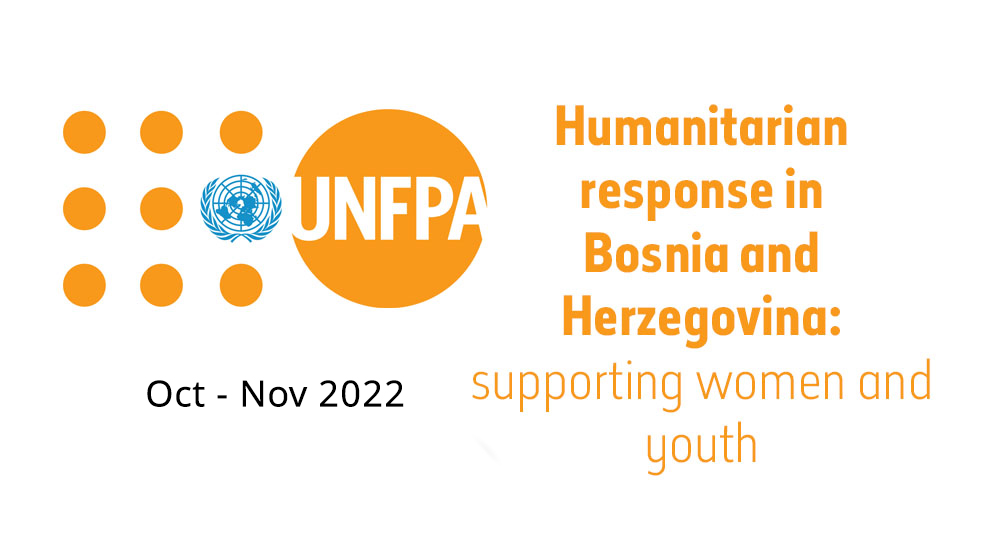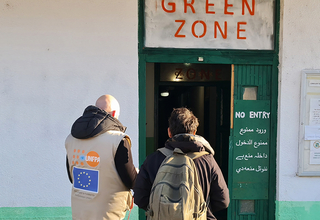Just like walking down the street in the real world, we need to be safe in the virtual world. Having your image taken, manipulated and shared without permission is a violation of privacy, dignity, autonomy and can be a devastating experience. The feelings of fear, anxiety, loss of self-esteem and sense of powerlessness are real and enduring.
And it’s women, girls, racial and ethnic minorities, LGBTQ+ and other marginalized communities who are more likely to have their images abused online.
However, tech companies and policymakers place greater value on protecting copyright than addressing online misogyny and violence. Infringing copyright results in swift removal of content and legal penalties, while survivors of online violence face barriers and have few legal rights.
This year, UNFPA Offices in Bosnia and Herzegovina, Kosovo*, North Macedonia and Serbia launched the bodyright initiatives, asking decision and policy makers and tech companies to recognize the issue of technology-facilitated gender-based violence, along with its respective campaign.

In North Macedonia a Regional Forum “The Virtual is Real: Strengthening legislative frameworks in support of bodily autonomy” took place in Skopje where speakers from the Western Balkans region and beyond discussed the current situation and legal framework on cyber violence.

UNFPA Serbia engaged with Konstrakta, and bodyright campaign video generated over 3,5K likes, and 345k video plays on Instagram alone. In addition, bodyright local website is available here, the localized Glossary of Terms is available here, and the launching event video is here.

On the wings of the 16 Days of Activism, UNFPA Kosovo and its partners launched the Kosovo version of the global bodyright campaign at launching event on 13 December. In partnership with the IPKO Foundation, representing the socially-engaged dimension of a leading digital company in Kosovo, the launching event sent a strong and highly publicized message that online violence against women is the emerging central frontline for anyone striving to gender equality and ending violence against women in general.
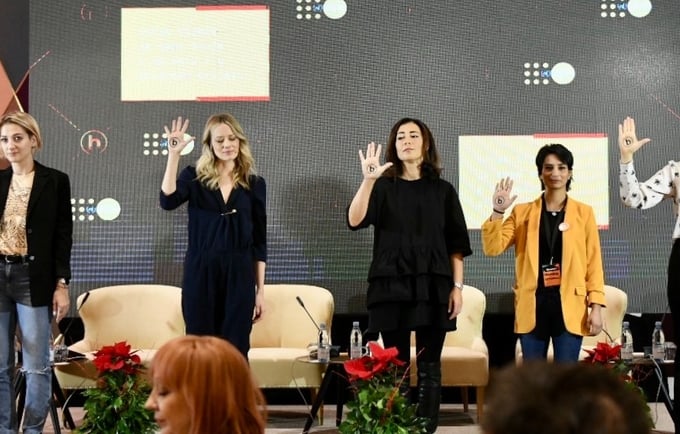
In Bosnia and Herzegovina, UNFPA launched bodyright at a conference titled ‘Digital violence is real - road to technologically-facilitated gender-based violence and bodyright protections’. The Conference gathered policy and decision-makers, tech companies, youth, practitioners, community leaders and women and girls from the Western Balkans Region who will be striving to identify best practices and eventually scale up solutions that are most effective in preventing technologically-facilitated gender-based violence and protecting women and girls from abuse and violence.
“All spaces, whether virtual or real world, should be free from violence against women and girls” said John Kennedy Mosoti UNFPA Representative in Bosnia and Herzegovina, Country Director for Serbia and North Macedonia and Director for Kosovo*. Bodyright is a social movement that asks us all to take gender-based online violence seriously. We all need to understand our role in it and work together to drive real change and online protections for every girl, woman and young person, everywhere. Claim your bodyright ⓑ... and let’s work together to end online abuse against women and girls," he added.
* All references to Kosovo shall be understood to be in the context of Security Council Resolution 1244 (1999)
